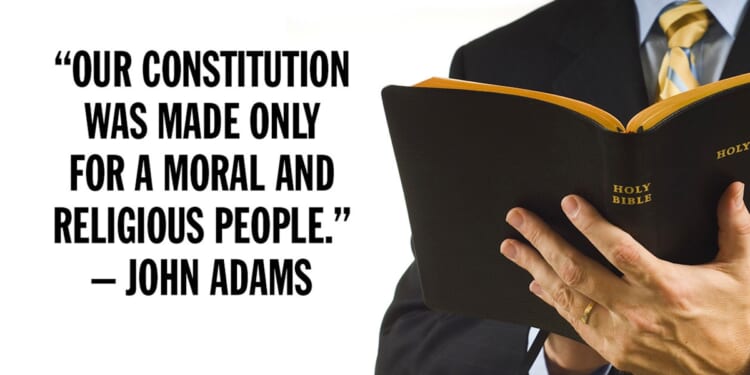I have been working through the bones of this essay for a few weeks now, trying to find a way to express my observations without appearing racist — but today I finally gave up. I gave up not because I am racist but because race has been used as a sort of bastardized shorthand, a stand-in for characteristics and behaviors that should be recognized aspects of class and culture rather than race, ethnicity, or skin color.
In media, the examples are legion and categorized by race.
I believe that bad or aberrant behaviors can be created and sanctioned by the constant barrage of societal messages that tell people they are good or bad, right or wrong, or more or less valuable based on some innate characteristic.
I do think that the penchant for violence in the black population is one example. The arrogance and bad behavior of blacks seen in videos of fights and verbal attacks in public are caused by constantly enforcing the idea that they are more entitled, deserving, and preferred — and therefore more powerful — than other races.
You have seen the outcomes — the clips of street fights at black gatherings; the black women who crawl over the counter at McDonald’s when their orders are wrong; the black college students going viral for loudly complaining about some imagined slight from a white professor; the attacks by blacks on white people for simply being in the wrong place at the wrong time; the raw nerve black academic on MSNBC going nuts about nonexistent white supremacy or some other racialist issue.
But it’s not just that, and it isn’t limited to black Americans.
I also believe that whites — especially white college-educated liberal women — feel significant guilt that results in suicidal vanity because they have been told for generations that whites have ill-treated people of color and have come to believe whites should be subjugated due to this imagined guilt. Criminals are also shown, in word and deed, that crime is the fault of people who oppress them, and transgenderism is claimed to trump biological fact because gender is a social construct that is wrong and must be changed.
I submit that none of this is true as a rule, but society is being changed to accommodate these new rules. So, one must wonder what role the changing of social mores plays in this formation of a new society, and what benefit would those who are behind such changes reap for their efforts?
In every society, social mores — the unwritten moral codes that define what is right and wrong — form the invisible framework of civilization. They shape not only behavior but meaning itself. When mores change, a society’s entire moral logic changes with them. And in America today, they are being rapidly rewritten — not by moral philosophers or theologians, but by a new class of activists, bureaucrats, and cultural elites who understand that moral authority is the surest form of power.
Social mores do not merely reflect a people’s values; they create them. A culture that prizes self-reliance produces citizens who see hardship as a challenge. One that celebrates victimhood produces citizens who see it as identity. When virtue is defined not by conduct but by grievance, moral worth becomes a matter of status, not character. The result is a society where sympathy replaces respect, guilt replaces responsibility, and emotion replaces truth.
This transformation did not happen by accident. Mores evolve when institutions repeat new moral messages long enough for them to become background noise. Academia teaches, media amplifies, and corporate America enforces. Repetition is the mechanism by which moral norms are reprogrammed. Once they are accepted as “what everyone knows,” resistance becomes risky. People stop objecting not because they are persuaded but because the cost of dissent has become too high.
In this new order, traditional virtues — restraint, merit, personal responsibility — are recast as instruments of oppression. Identity and emotional validation now trump evidence and reason. Silence itself has become guilt. What was once humility is now complicity. The moral vocabulary of the past — duty, discipline, honor — has been replaced by a therapeutic language of harm, trauma, and safety.
The redefinition of mores is not just cultural drift; it is a form of governance. Moral authority is the most potent kind of authority because it requires no enforcement. People comply willingly when they believe compliance is virtuous. By reshaping moral boundaries, those who control the cultural narrative can reshape public behavior, institutions, and even law.
The beneficiaries of this moral upheaval are easy to identify. Those who position themselves as interpreters of the new creed — diversity consultants, activists, media commentators, and bureaucrats — have built careers and institutions upon it. Entire industries now depend on the maintenance of moral panic: corporate diversity, equity, and inclusion offices; “bias response” teams on campuses; HR departments that function as moral police. They claim to pursue justice, but the practical rewards are power, prestige, and profit.
Beyond economics, the real prize is cultural dominance. When reformers control the definition of virtue, they control the boundaries of speech, thought, and public life. They decide which opinions are “harmful,” which historical figures are remembered, and which words are banned. Their rule is not political in the traditional sense; it is moral, and therefore total. To oppose it is not simply to be wrong — it is to be wicked.
I think the pace of this transformation is historically unprecedented. In earlier eras, moral revolutions unfolded over generations. Today, social media can reset a culture’s conscience in a few years. Institutions capitulate instantly, terrified of moral isolation. But the rapid destruction of inherited moral frameworks leaves a vacuum that no new code can easily fill. When shared values collapse, moral fragmentation follows. The resulting confusion is not progress but chaos, governed by outrage and fear.
A civilization cannot endure without a stable moral center. When guilt is mistaken for virtue and grievance for justice, society becomes performative rather than principled. The rituals of confession and redemption — once the domain of religion — are now political, and their theology is resentment. The new moral architects are not building a freer society; they are constructing one that is compliant, sentimental, and self-loathing.
The struggle over mores, then, is not a secondary culture war — it is the defining political struggle of our time. The question is no longer who makes the laws but who defines what is moral. Those who control that definition control everything else. And at present, they are busy remaking the conscience of the nation.
It’s not hard to see that conservatives and Christians are trying to hold the line against an axis of progressive, collectivist, and anti-religious forces that are actively working to destroy the “old order.” The problem is that Western Civilization sits on the foundation of that “old order.” What comes after, they have no idea.

















